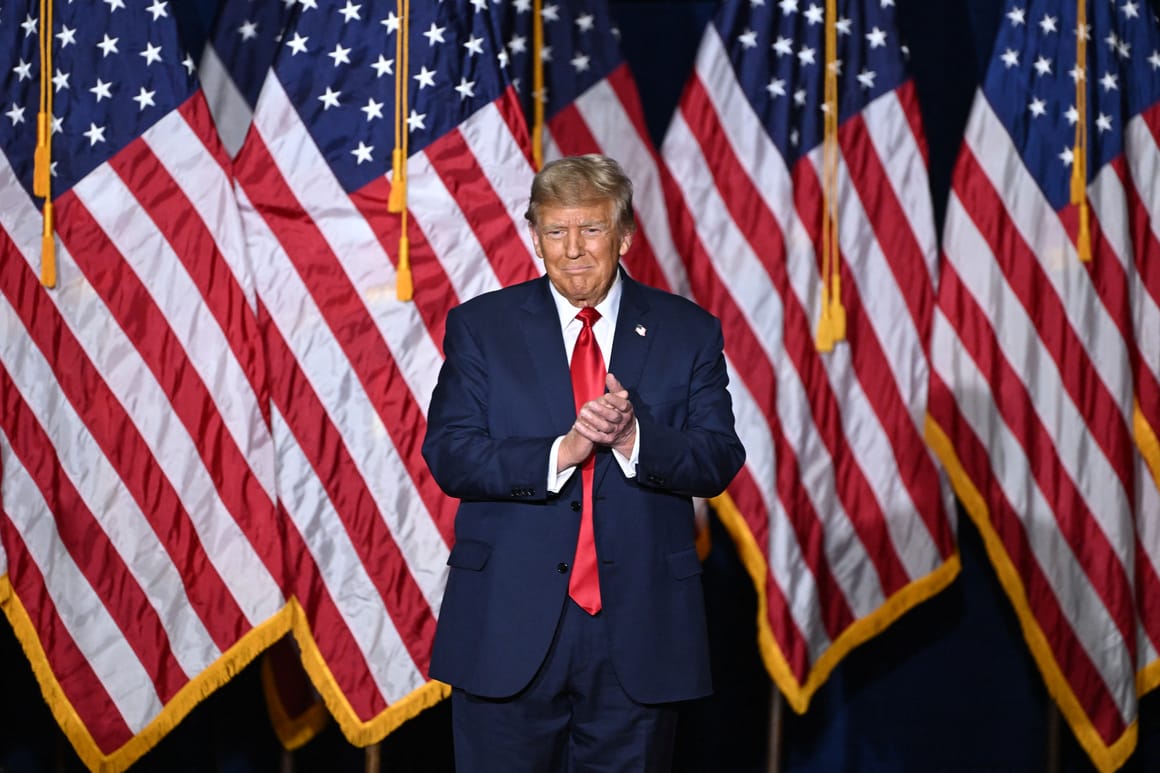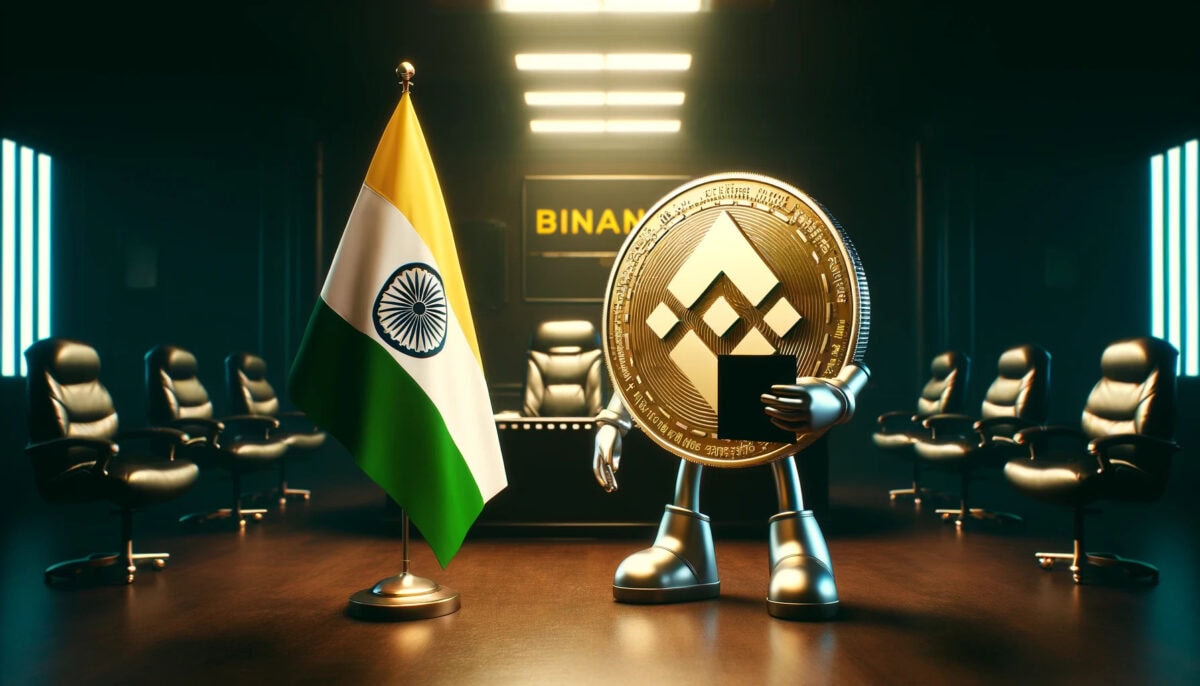The political landscape of Europe is bracing itself for a potential seismic shift with the looming possibility of Donald Trump’s return to the White House. This prospect, far from being a distant political rumble, is reshaping Europe’s strategic and economic planning. There’s an air of urgency, a sense of gearing up for a challenge that could redefine transatlantic relations and Europe’s global standing.
Europe’s Strategic Chessboard
Christine Lagarde, President of the European Central Bank, has been vocal about Europe needing to fortify itself economically. The philosophy is simple yet bold: the best form of defense might just be a good offense. This approach, discussed at the World Economic Forum in Davos, underscores a growing consensus among European leaders that the continent needs to bolster its economic muscle, particularly in capital markets. This is seen as crucial for funding key investments, notably in the green transition, an area where Europe aims to lead.
The conversation isn’t just about economics. There’s a geopolitical dimension too. The era of Donald Trump’s presidency was marked by his criticism of Europe’s economic reliance on the U.S., particularly within NATO. His stance on withdrawing U.S. support for Ukraine, labeling it a European issue, has only intensified these discussions.
German Finance Minister Christian Linder echoes this sentiment, stressing the importance of Europe’s self-sufficiency. This perspective is especially relevant in light of the substantial U.S. subsidies for green projects. Linder points out that Europe’s competitive edge doesn’t lie in subsidies but in the functionality of its private capital market. The subtext is clear: Europe needs to up its game to maintain a strong transatlantic relationship, even more so with a potentially more euroskeptic leadership in the U.S.
The Franco-German Tug-of-War
In the backdrop of these economic discussions, Europe’s security challenges loom large. The memorial service for Wolfgang Schäuble in Berlin, initially a symbol of EU unity, could expose underlying political rifts. French President Emmanuel Macron and German Chancellor Olaf Scholz might engage in more than just the customary praise for Franco-German cooperation.
The issue at hand is military assistance to Ukraine. Berlin is increasingly vexed by France’s rhetoric about European independence, which seems to fall short in action. The disparity in military aid provided to Ukraine by EU countries is telling: Germany’s contribution dwarfs that of France, Italy, and Spain. This discrepancy becomes even more glaring considering the possibility of a Trump-led U.S. withdrawing support for Ukraine.
Macron’s response to Trump’s recent triumph in the Iowa caucus – advocating for a “stronger Europe” that doesn’t depend on others – might sound compelling, but it clashes with the reality of his country’s modest military aid to Ukraine. Despite announcing the delivery of missiles and bombs to Ukraine, the question remains: can Europe truly replace American hard power?
The Road Ahead for Europe
As Europe faces these multifaceted challenges, the sense of urgency is palpable. The EU, traditionally slow in decision-making, finds itself at a crossroads. The recent blocking of a significant financial aid package to Ukraine by Hungary’s Viktor Orbán underscores the complexity of EU politics. European Commission President Ursula von der Leyen’s determination to approve the funds with or without Hungary’s agreement indicates a readiness to tackle these challenges head-on.
Yet, the central question lingers: is Europe prepared for a geopolitical landscape without the familiar support of the U.S.? The stakes are high, and the answers are not straightforward. Europe’s readiness to stand up for its security and values will be tested, especially in the face of a potential Trump presidency.
As Europe navigates these tumultuous waters, its leaders must not only contend with economic and military strategies but also with the intricate tapestry of EU politics. The path forward requires not just strategic autonomy but also a newfound unity and resolve. In this high-stakes game of political chess, Europe’s next moves could very well define its role on the global stage in the years to come.





